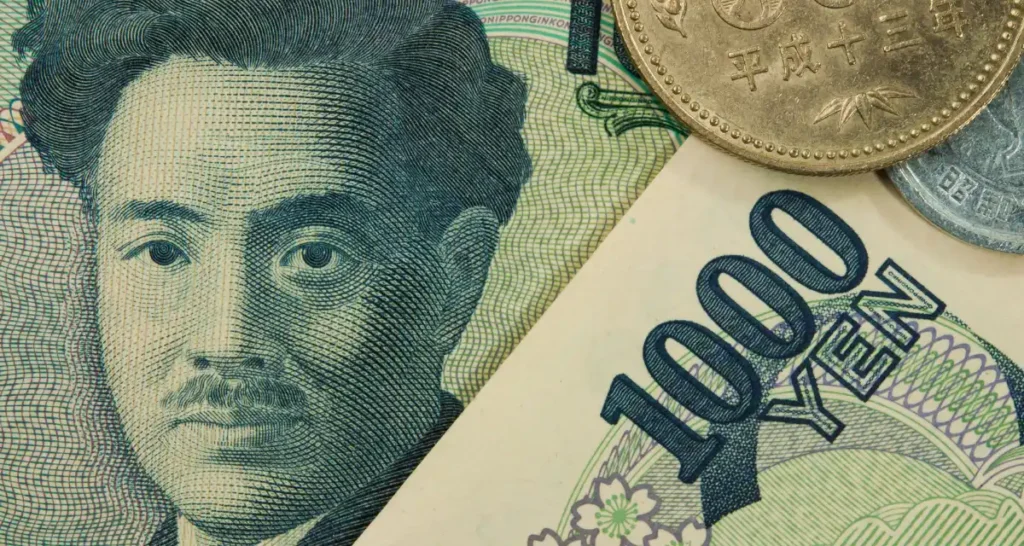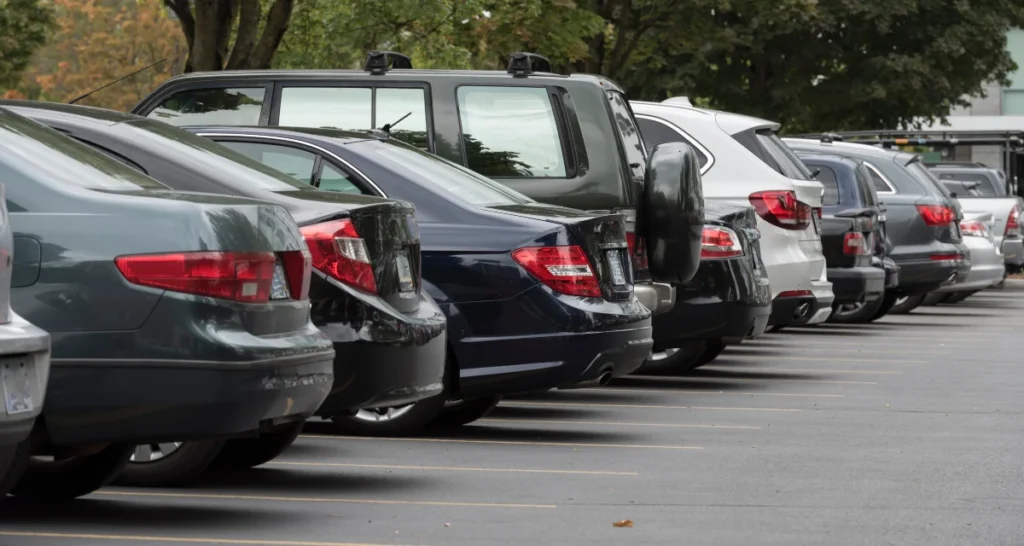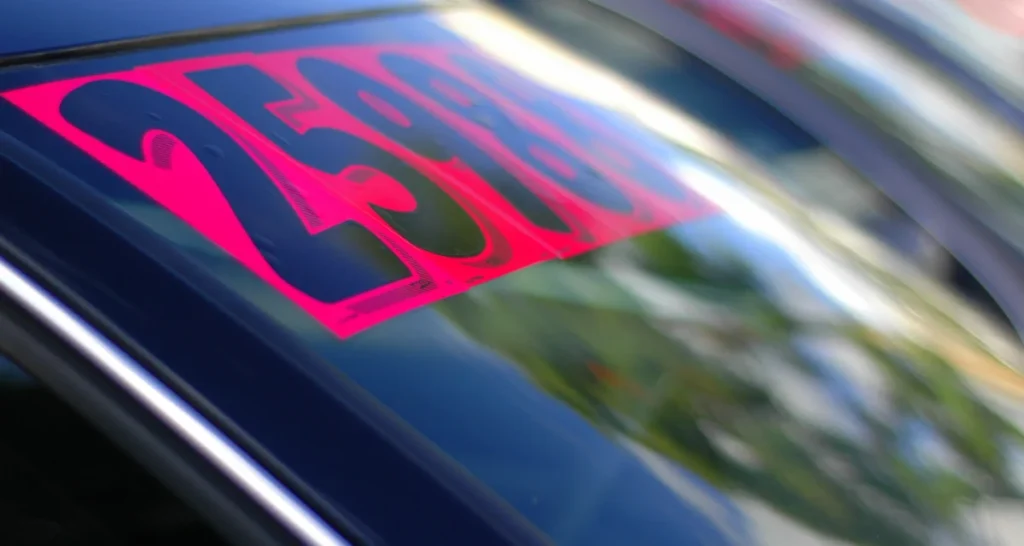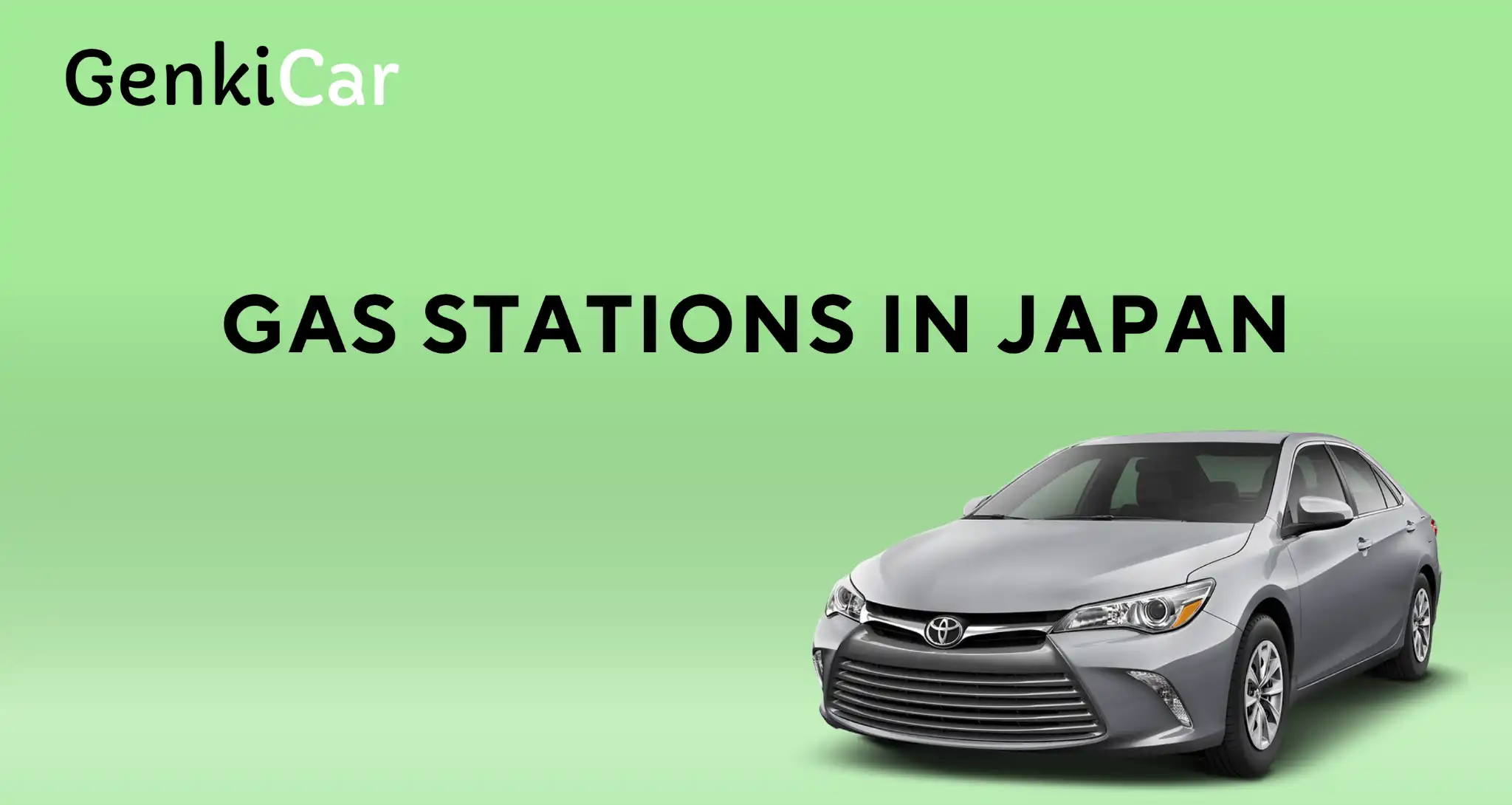With a budget and in need of a car? many times I have thought about buying a second-hand car while staying in Japan. Japanese used cars are famous worldwide for their affordability, reliability, and good quality. And for us foreign residents, they’re often the perfect solution for getting around without breaking the bank.
In this article, I’ll share my personal experience of working with foreigners buying Japanese used cars, focusing on vehicles you can get for under $1,000. Whether you’re commuting to work or planning weekend road trips.
Why Are Japanese Used Cars Popular Among Foreigners in Japan?

When I first started looking into buying a car here, I quickly came to realize why Japanese used cars and the second-hand market are in such huge demand by foreigners and exporters alike. What definitely stood out and is not a secret anymore is that Japanese brands like Toyota, Honda, and Suzuki have built a worldwide reputation for building vehicles to last. High-mileage cars still run quite smoothly. In fact, a friend bought a second-hand Toyota Vitz which was slightly above 100,000 km but was as good as new in running condition.
Get on the road with confidence! Contact us to connect with reputable dealerships that cater to English speakers.
2. Affordability Thanks to Depreciation
Here’s a fun fact I learned: The cars here in Japan depreciate really fast due to cultural preference for new models. For us, that’s a plus! That means you can get a well-maintained functional vehicle for just about the best price. The used car market is full of options, and if you’re patient, you might land an awesome deal under $1,000.
3. Easy Access to Spare Parts and Maintenance
This was a huge selling point for me. Parts for Japanese cars are widely available, and maintenance services are everywhere. From small garages in rural areas to official service centers in the city, we’ve never had trouble finding help when a car needed a little TLC.
4. Quality Assurance Through Shaken
You might have heard of Shaken, Japan’s vehicle inspection system. Though being quite costly for the owners, it’s a blessing for used car buyers. In Japan, cars must meet very strict standards to stay roadworthy, which is why even older used cars can be in excellent condition. some cars came with a valid shaken certificate, giving the buyer peace of mind that it was safe and reliable.
Top 10 Japanese Used Cars Under $1000 (¥150,000~)

I began researching the most economical yet dependable used cars in Japan, and here are a few models that give very good value for ¥150,000 or less. An in-depth look into those models, along with their current market values as of November 2024:
1. Toyota Corolla
The Toyota Corolla is famous for its durability and fuel efficiency. Those manufactured in the early 2000s are very reliable. They cost about ¥100,000 to ¥150,000 in today’s market, depending on mileage and condition.
2. Honda Civic
The Honda Civic with its reliability, combined with its compact design, can be called quite suitable for city driving. There are early 2000s models present in the used car market; prices range from ¥80,000 up to ¥140,000. Such cars, well known in their economical engines, gain popularity because of the simplicity of service.
3. Nissan March
Going by the name Micra in some markets, the Nissan March was compact and light enough to produce an ultimate driving machine meant for city centers. Mid-2000s models of this car currently go for ¥70,000-¥130,000. Its smallness and fuel efficiency add to its popularity among city dwellers.
4. Mazda Demio
The Mazda Demio stands out with its sleek design and excellent fuel economy. Mid-2000s models are available in the market, with prices ranging from ¥90,000 to ¥140,000. Its responsive handling adds to the driving experience.
5. Suzuki Alto
The Suzuki Alto is a kei car that stands out for its lightweight design and economical performance. Models from the late 2000s are priced between ¥60,000 and ¥120,000. Its compact size makes it easy to park and maneuver through tight spaces.
6. Mitsubishi Mirage
The Mitsubishi Mirage offers a straightforward driving experience with low maintenance costs. Early 2010s models are currently available for ¥80,000 to ¥130,000. Its simple design ensures reliability and ease of upkeep.
7. Subaru Impreza
Subaru Impreza is known for its all-wheel-drive system, which offers great stability on the road. The early 2000 models can be sought within the range of 100,000-150,000 yen. It is quite reliable, making it a good option for anyone who wants to own a car.
8. Daihatsu Mira
The Daihatsu Mira is the kei car for practicality and affordability. Models from the late 2000s can be found within the market range of ¥50,000 to ¥130,000. Its compact body and small engine make it perfect for everyday commutes.
9. Honda Fit
My favorite of all the Honda Fit, it offers an impressive combination of space and compactness. 2010s starting model prices is between ¥90,000 and ¥140,000. The flexible seating arrangement can be set to allow different cargo configurations as well.
10. Toyota Vitz
The Toyota Vitz is a popular choice for city driving due to its compact size and reliability. Models from the late 2000s are available in the market, with prices ranging from ¥80,000 to ¥130,000. Its efficient fuel consumption adds to its appeal for city commuters.
Note: The prices mentioned are approximate and can vary based on factors such as mileage, condition, and location. It’s advisable to check current listings and consult with local dealers for the most accurate pricing.
How Can You Find Japanese Second-Hand Cars Under $1,000?

The good news is that there are several reliable ways to find great deals. Here’s a breakdown of the most effective methods to locate budget-friendly vehicles, all while staying under the $1,000 mark.
1. Local Dealerships with Budget-Friendly Options
When I started my search, local used car dealerships became my first stop. Many of these dealerships specialize in affordable vehicles, including those under ¥150,000 ($1,000). Here’s why they’re worth checking out:
- Wide Selection: Many dealerships cater to budget-conscious buyers, showcasing cars that may not be the newest models but are still in good working condition.
- Negotiation Opportunities: Unlike private sellers, dealerships often have room for price negotiation. I managed to get a small discount on my purchase simply by asking.
- Shaken Assistance: Some dealers offer vehicles with valid shaken (Japan’s mandatory vehicle inspection), saving you the hassle of handling it immediately.
Pro Tip: Look for smaller, family-run dealerships, as they often have better prices and are more willing to negotiate.
2. Classifieds and Direct Owner Sales
Japanese classifieds, both online and offline, are goldmines for finding cheap cars directly from owners. Websites like Goo-net, Car Sensor, and Yahoo! Auctions Japan are full of listings from sellers offering second-hand cars in all price ranges.
- Advantages:
- Prices are often lower because there are no dealership fees.
- You can meet the owner directly, which gives you insights into the car’s history.
- Caution:
- Ensure you thoroughly inspect the car and request service records to avoid surprises.
- You may need to handle registration and shaken renewal yourself.
Facebook groups and community boards in Japan are also popular platforms for foreigners looking to sell cars quickly and affordably. Some good deals I’ve seen were through expat communities where people were relocating and eager to sell fast, But it could be hard to trust sometimes.
3. Let GenkiCar Help You Out
Let me introduce you to GenkiCar, a service designed specifically for foreign residents. Here’s why GenkiCar stands out:
- Tailored Assistance: GenkiCar connects you with trusted local dealerships that cater to budget-friendly needs, For FREE.
- Language Support: If Japanese isn’t your strong suit, their team bridges the communication gap, ensuring clarity in all negotiations.
- End-to-End Service: From helping you find a car that fits your budget to assist with paperwork, GenkiCar simplifies the entire process.
- Transparency: They ensure fair pricing and provide all the information you need about the car’s condition, maintenance, and shaken status.
I believe that having this kind of support is invaluable as it takes the stress out of the process and saves you time, Contact us below.
What to Keep in Mind When Searching
- Inspect Thoroughly: Always test-drive the car and check for wear and tear. Even if it’s a budget vehicle, safety and reliability come first.
- Factor in Shaken: Cars without a valid Shaken might seem cheaper but will require additional costs for inspection and repairs.
- Act Fast: Good deals don’t last long. If you see a car you like, be ready to act quickly.
What Should You Look for When Buying a Used Car in Japan?

1. Vehicle Condition: Check for Rust, Dents, and Mechanical Issues
First, inspect the overall condition of the car. Japanese cars potentially can suffer from rust in areas that have snow in winter or that are close to the sea; this can even be seen on the undercarriage. Inspect for rust spots, dents, or scratches on the body. Minor cosmetic flaws are acceptable, but large-scale rust will weaken the structure and cost dearly to repair. Check the tires for proper tread and even wear; uneven patterns could indicate an alignment problem. Pop the hood and look at the engine for oil leaks, unusual odors, or odd noises. If anything looks suspicious, it’s better to be caution.
2. Mileage and Maintenance History
Mileage is a key factor, but it’s not the only one. A car with high mileage can still be reliable if it’s been well-maintained. Ideally, look for vehicles with annual mileage averaging 10,000 to 15,000 kilometers. Ask for service records to confirm regular maintenance like oil changes and brake servicing. For older cars, verify if critical components like the timing belt or chain have been replaced, as these can be costly to repair. The maintenance history offers a clear picture of how the car was treated by its previous owner.
3. Inspection by a Trusted Mechanic
Even if the car seems fine during your inspection, a professional mechanic can uncover potential issues. They’ll check the suspension, brakes, and other critical systems to ensure the car is safe to drive. A diagnostic tool can identify hidden problems, such as electronic malfunctions. If the car doesn’t have valid shaken (Japan’s vehicle inspection), a mechanic can estimate the cost to pass the test, helping you budget accurately.
4. Necessary Paperwork and Legal Compliance
Buying a car in Japan involves several important documents. Verify the vehicle registration certificate (車検証) to ensure the seller legally owns the car. Confirm the shaken (車検) status, as a car without valid shaken may require expensive repairs. Review maintenance records to understand the car’s history and get a bill of sale (譲渡証明書) to transfer ownership. Don’t forget to arrange for insurance, as you’ll need coverage before taking the car on the road.
For more info on Japanese roads and traffic laws in Japan, check out our Guide to Japanese Traffic Laws for Foreign Drivers.
Extra Tips
Take the car for a test drive to assess how it handles and listen for unusual sounds or vibrations. Compare the asking price with similar cars in the market to ensure it’s fair. If you spot minor issues, use them as leverage to negotiate a better deal.





